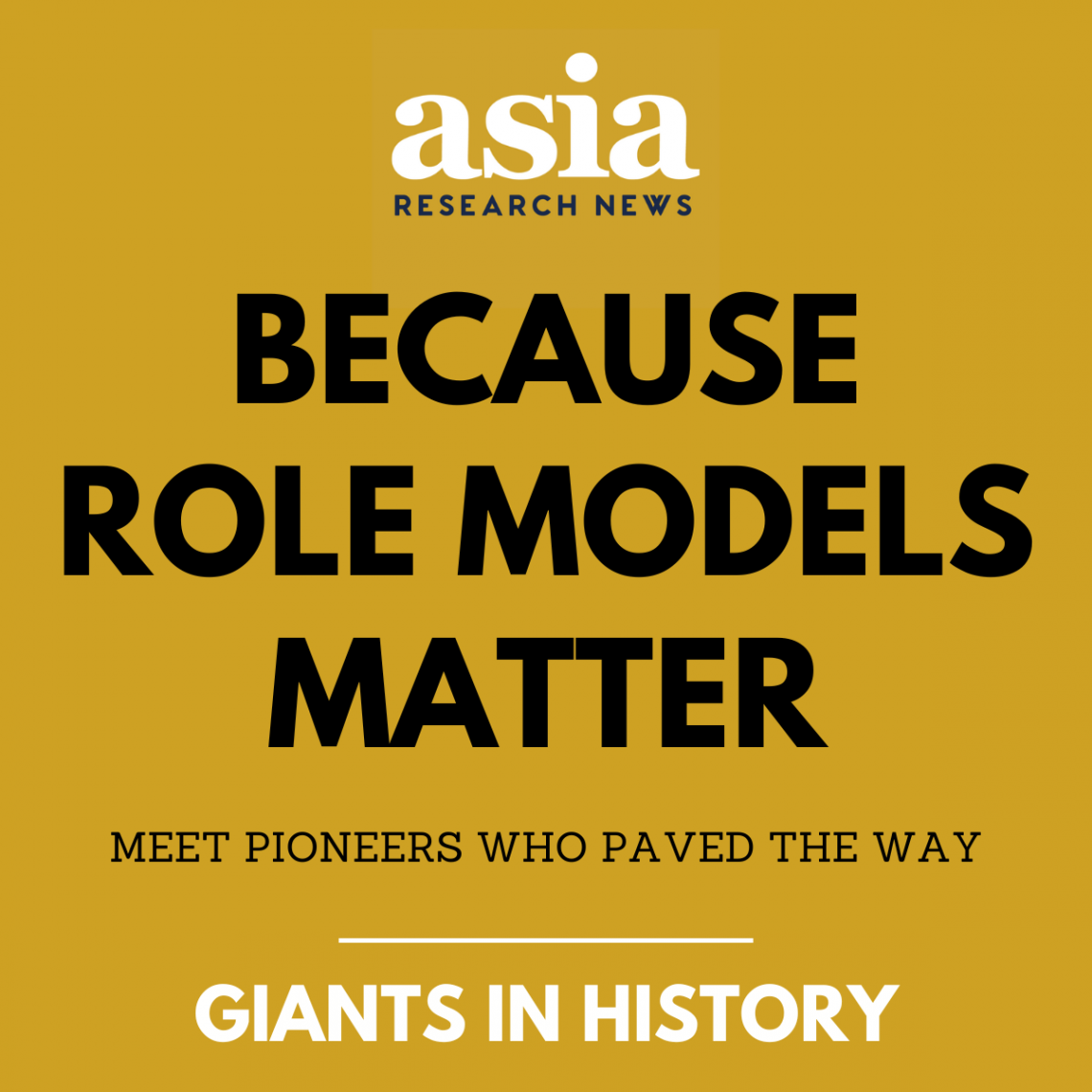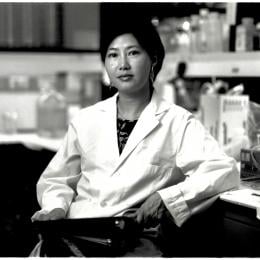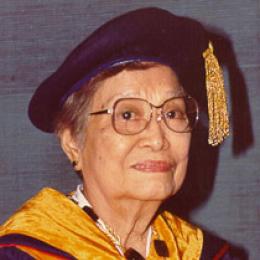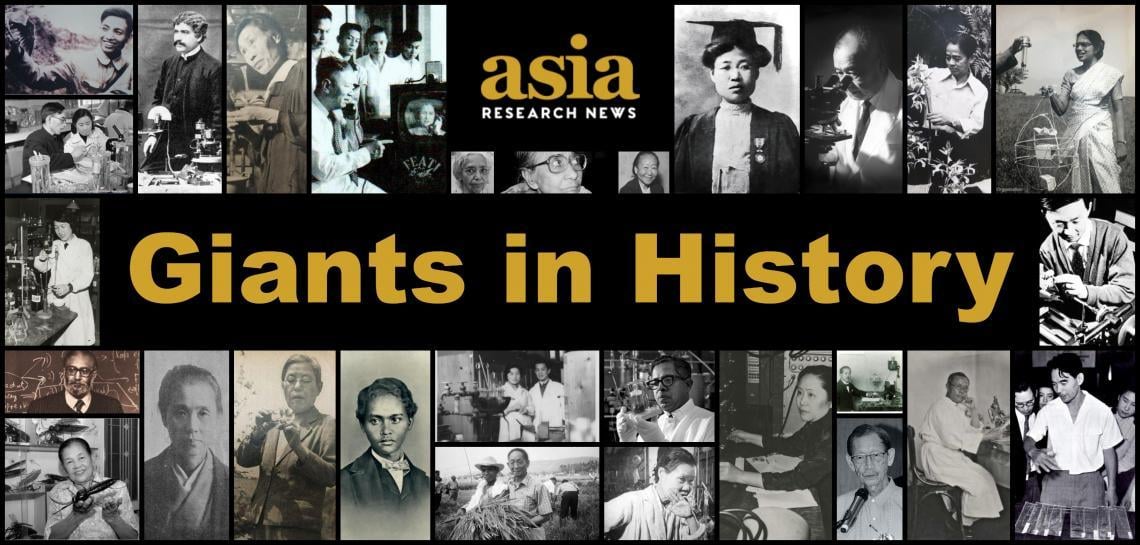The first Nobel Prize laureate in Chemistry from Asia
Kenichi Fukui (04 October 1918 - 09 January 1998)
Japan
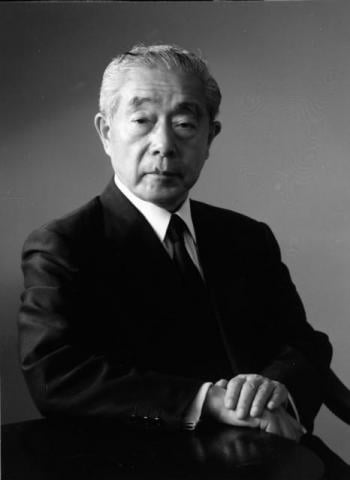
Japanese chemist Kenichi Fukui (4 October 1918 – 9 January 1998) was the first Asian scientist to be awarded the Nobel Prize in Chemistry. Together with Roald Hoffman, he received this honour in 1981 for his independent research into the mechanisms of chemical reactions. When Fukui was a student, learning about quantum mechanics and the Schrödinger equation stimulated his interest in science. It was then that Fukui developed a belief that breakthroughs in science occur at the unexpected intersections of remotely related fields. Although chemistry was not his favourite subject, Fukui decided to join the Department of Industrial Chemistry at the Kyoto Imperial University on the advice of Professor Gen-itsu Kita. In 1952, Fukui developed a theory that showed that the properties of the orbits of electrons (the areas around the nucleus of an atom where an electron is most likely to be found) that are most weakly bonded to the atom are crucial in understanding chemical reactions. This was among the insights that led to Fukui being awarded the 1981 Nobel Prize in Chemistry.


